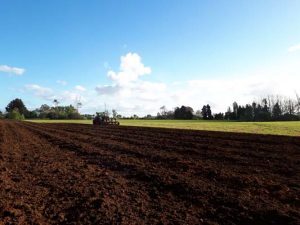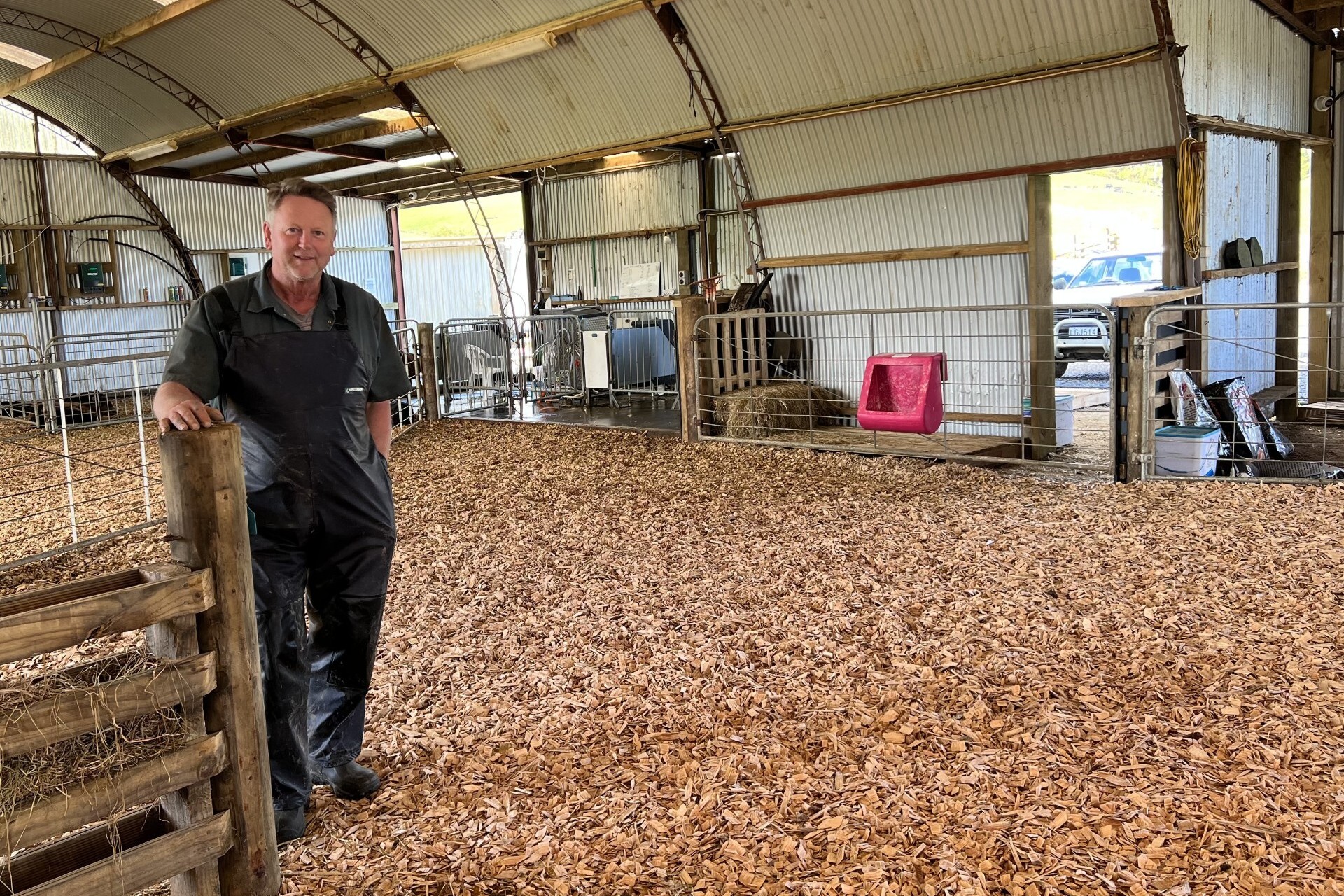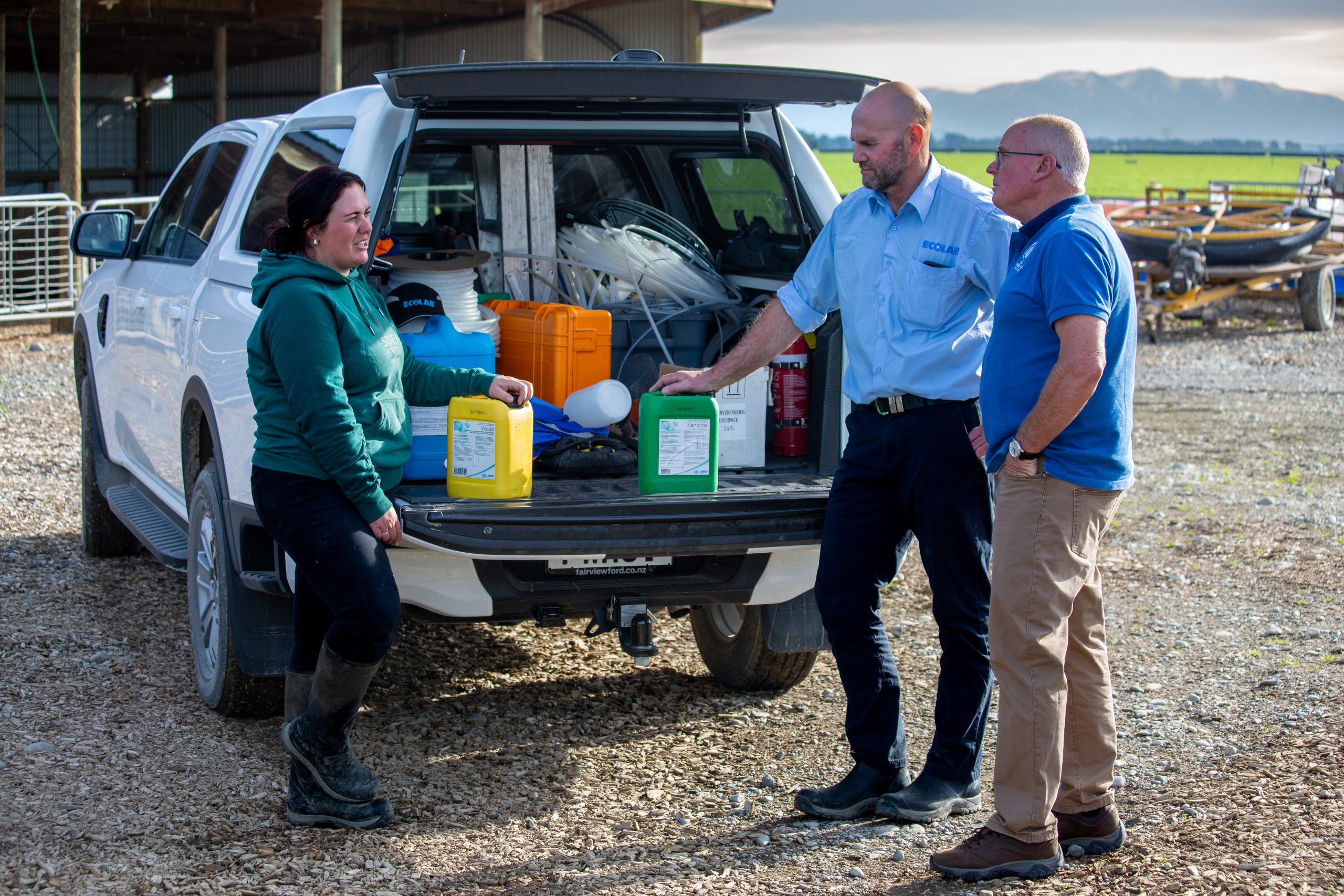The developing sheep milk industry is investigating ways to develop the industry, which offers environmental benefits for farmers. Sheryl Brown reports.
The global demand for alternative dairy and non-bovine dairy products is growing significantly and there is enormous potential for New Zealand sheep milk products, particularly in Asian growth markets.
The nutritional benefits of sheep milk are becoming more apparent, and early research is supporting that dairy sheep have a lower environmental footprint than traditional dairy cow operations.

NZ research continues to support more growth in the sheep milk industry, which gives significant weight to further expansion into dairy sheep.
Spring Sheep Milk along with Maui Milk and Kingsmeade Dairy have worked with AgResearch as part of the Ministry of Business, Innovation and Employment (MBIE) $5.5 million-funded programme Boosting exports of the emerging NZ dairy sheep industry.
The research, facilitated by AgResearch, is aimed at growing exports of the established NZ dairy sheep industry by creating greater value from milk through knowledge of its composition and the functionality of its components, improving net volume and value of harvested ewes’ milk, and establishing criteria to ensure the environmental sustainability of sheep dairying in NZ. This value-chain approach to sustainable sheep dairying will result in a more attractive industry to new entrants and suppliers, further boosting its growth.
‘There is a significant amount of research going into establishing sound practices for farming and processing sheep milk, so the building blocks are there for when the industry expands.’
All the research is related to finding the paramount farm system for dairy sheep in NZ and the best way to farm to meet market demands, Spring Sheep Milk Co. business manager Thomas Macdonald says.
“There is a significant amount of research going into establishing sound practices for farming and processing sheep milk, so the building blocks are there for when the industry expands.”
Spring Sheep Milk. is undertaking a number of trials on their farms along with other members of the program so that other farmers will be able to execute the most profitable, efficient and sustainable business, he says.
AgResearch trial results are underlining the benefits sheep milk has to offer when it comes to nutrition and digestion.
Sheep milk is a high value-add product that has superior nutritional qualities and may be suitable for those who are sensitive to regular cow milk. It has up to twice as much protein and calcium as cows’ milk, higher in all 10 essential amino acids, and is richer in many vitamins and minerals than goat and cow milk.
Because of its fat composition and absence of the A1 protein, sheep milk may be easier to digest which makes it an attractive proposition for Asian markets, where milk sensitivity is generally found to be more common.
Sheep milk is rich and creamy with twice the solids of cow milk, it has no strong aroma and has a clean, slightly sweet taste. Its fat-to-protein ratio also makes it perfect for cheese, one of the most common and traditional sheep milk products found in Europe. Meanwhile, due to sheep milk’s natural superior nutrition profile and digestibility benefits, there is significant opportunity for advanced nutrition products in Asian markets.
Research by AgResearch includes analysis of 500 milk samples collected at different times of year over the last three years. Results show that on average, NZ sheep milk has higher levels of protein and twice the fat of cow’s milk, with high levels of calcium, phosphorus and magnesium.
The work shows sheep and cow milk cause different effects on gastrointestinal physiology in rats.
For example, in a study using rats they found sheep milk made solids pass through the animals’ systems rapidly – which suggests improved gut comfort, reduced constipation and general improvement for a sluggish gut. Rats fed sheep milk required less solid food than rats given raw cow milk to maintain the same level of growth. This supports the view that sheep milk is an excellent source of nutrition.
In another study with rats, sheep milk proteins were more readily digested than cow milk proteins, with higher levels of essential amino acids. A further study showed a major waste stream from sheep cheese – whey – has the potential to be processed into a stable base ingredient for beverages or soup stocks under controlled circumstances.
An AgResearch N Leaching Trial is looking at the nitrogen leaching footprint from a dairy sheep system. It’s estimated dairy sheep could leach up to a third less nitrogen than dairy cows.
A field study is under way on Spring Sheep Milk’s Taupo farm where 2000 ewes are milked. There are 300 nitrogen collectors in the soil measuring nitrogen leaching under a range of farm systems, from fully grazed, to a hybrid system with sheep housed during the day and grazing outside at night.
Urine spotting work is looking at nitrogen concentration levels.
The objective is to gather data required to build an Overseer model for dairy sheep, to demonstrate the environmental footprint, relative to other systems.
An AgResearch Feeding Trial has compared sheep fed fulltime in a barn on a total mixed ration diet, with ewes kept partially housed during the daytime and grazed outside overnight.
The overall objective is to find the best system for the animal, for milk production and for the most sustainable and financially profitable operation.
Another part of the research is looking at milk functionality and milk composition to work out the various effects on milk quality, production and taste in different farm systems.
“We have looked at seasonality of sheep milk, early and late lactation and what happens to the milk from day one and what that means for flavour, for processing and for production levels.”
The best system for rearing lambs is also being researched. Spring Sheep Milk has trialled three types of milk powder on their lambs to see which delivers the best weight gain and best animal performance.

Sheep Horizon Three
In 2016 a Primary Growth Partnership programme was established ‘Sheep – Horizon Three’– a six-year programme from 2016 to 2022, funded by $12.56m investment from MPI and $18.83m from Spring Sheep Milk.
The PGP programme between MPI and Spring Sheep Milk – a company owned 50:50 by Landcorp and a number of independent NZ investors.
This programme will focus the next level of research aiming to build a high value and sustainable NZ sheep dairy industry by building a fit-for-purpose NZ sheep milk farming system that is commercially viable, environmentally sustainable, suited to imported genetics and replicable by other NZ farmers.
The PGP programme will also fund extensive market research to determine which market-segments have the greatest profit potential and how to access those markets successfully, and create high margin products to meet demand in the target markets.
sheryl.brown@nzfarmlife.co.nz
Pilot progress
Spring Sheep Milk Copilot farm has 800 East Friesian and Lacaune crossbred ewe lambs grazing. The lambs are due to be mated early next year with the aim to start milking from July. Fences, races and waterlines are all established, red clover has been planted for summer crops and earthworks for the milking parlour and barns are set to start before Christmas.





